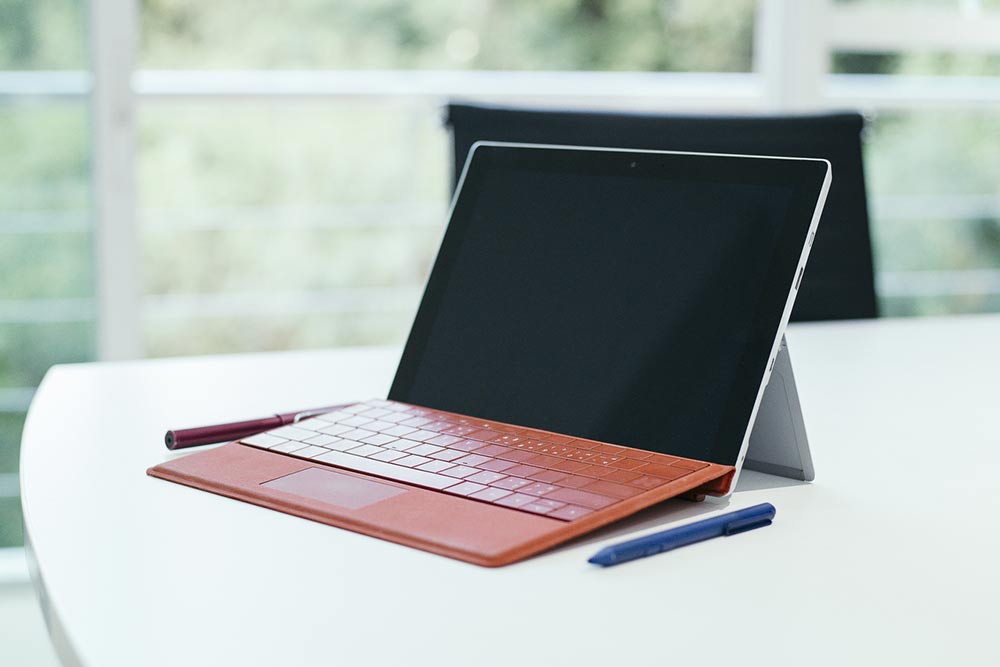9 mistakes to avoid while buying laptops

Buying a laptop requires careful consideration of many factors. If one is not aware of these aspects, it may either end up costing money upfront or lead to extra expenses for upgrades later. Alternatively, investing in a high-priced laptop without looking at one’s needs and usage can also lead to unnecessary expenses. Here are some of the most common mistakes people tend to make while buying laptops and ways to avoid them.
Not considering ergonomics
People usually focus on a laptop’s specifications, whether they buy it online or offline. But apart from specifications, it is also important to consider the ergonomics of daily use. One should evaluate the keyboard, trackpad, display brightness, camera quality, battery life, build quality, connectivity options, sound quality, and thermal performance. One should also hold or carry the laptop to check if it is lightweight and comfortable for regular use.
Overlooking portability
At times, people make the mistake of buying a laptop for its screen size without considering where they will place it or for what purpose they will use it. For instance, buying a laptop with a wide screen means that it might be heavier than usual and lack portability. So, one should delve into all aspects of their needs and consider whether one will need a small and light laptop or a bigger one that can serve as a stationary workstation on a desk.
Only focusing on the price
Buying a laptop that is reasonable is always prudent, but only being focused on the price can, in fact, be counter-productive. One should consider the power needed to process tasks on the laptop efficiently. If one deals with video or photo edits or other heavy software that requires robust processing, investing in a laptop with more processing power is advisable. Although such work can also be done on basic laptops, the time it consumes on a basic one may be significantly more than on a high-processing laptop. Moreover, it can also affect the quality of the work.
Considering 2-in-1 as a laptop
2-in-1 laptops usually have dual purposes; they combine the functionality of both a laptop and a tablet. However, many 2-in-1 laptops are simply tablets with an attached keyboard, and they may not provide the same performance or functionality as a dedicated laptop. So, buying a 2-in-1 laptop may not necessarily fulfill all the purposes. While 2-in-1 can be a smart choice for those who value versatility and portability, one should thoroughly research them before investing.
Not researching or reading reviews
It’s easy to get swayed by enticing commercials that highlight the best features of a laptop. At times, these highlighted specifications are so extensive that they may even feel comprehensive and sufficient to make a purchase. But one should, as a rule of thumb, sift through online reviews from people who have already bought the same laptop. These testimonials or reviews will give one an overall idea about the performance, durability, and user experience. Some reviews may also delve into long-term reliability after using a laptop for a few months or years, which can be an eye-opener before making a decision.
Being loyal to a brand
There are several reasons why an individual would stick with a particular electronics brand. This is usually tied to previous experience, from amazing products and reliability to exceptional customer service and satisfaction. But, one should not abandon the research while buying a new laptop just because of brand loyalty. One usually buys a laptop for the long term, and the fact that the electronics industry evolves rapidly also means that a new or different brand may provide more value and even better services than the one previously favored. So, one should compare different laptop brands and models before making a purchase.
Getting an unnecessary high-resolution screen
A high-resolution display screen is not always necessary if one is simply looking for basic productivity, especially while working with emails and spreadsheets. These laptops consume more battery power and resources. But this feature can be beneficial for those working with images, videos, or graphics-intensive tasks where a higher resolution enhances detail and overall visual quality. So, it’s best to consider the specific needs of one’s tasks and opt for a resolution that balances usability and energy efficiency.
Relying only on the salesperson
The main task of a salesperson is to maximize their sales, and oftentimes, they are given targets to promote and focus on a particularly new model. So, relying solely on their opinion to make purchase decisions may not always be helpful. To avoid getting swayed by the sales pitches, one should always have clarity about one’s budget and requirements before approaching a salesperson so that they can offer valuable insights and recommend laptops that are genuinely suitable to one’s needs.
Not checking for warranty
People don’t usually focus on warranties or potential future repairs that the laptop may need while making a purchase. This oversight can lead to buying a laptop with limited warranties that do not cover much. To avoid future regrets or unexpected expenses, one should always look for warranties against theft and accidental damages as well as a feature of extended tech support. These can be beneficial during travels or unforeseen accidents.



